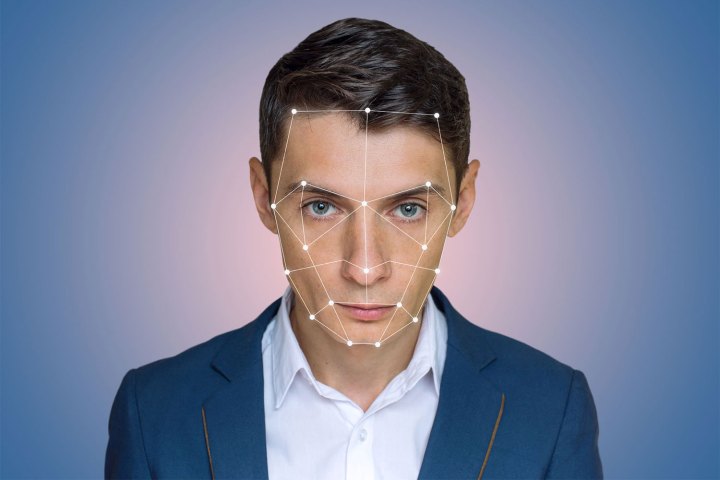
A biometric facial comparison system flagged a traveler using a fake passport — less than three days after the system was installed. The U.S. Customs and Border Protection detained a traveler earlier this week after the facial recognition system brought up an ID that didn’t match the man’s passport at the Washington Dulles International Airport.
On Wednesday, the 26-year-old male was detained during the CBP’s primary inspections after arriving on a flight from Sao Paulo, Brazil. The new biometric system, which is in early testing in 14 international U.S. airports, matched the man’s face to an identity different from the passport he presented. During further examination, CBP officers found the actual ID from the Republic of Congo in his shoe.
The traveler is the first caught by the new biometrics system, which uses facial recognition to speed up the process of moving travelers through customs while also aiding the CBP. The biometrics system has only been operating at that airport since August 20 and is used for both entry and exit for international flights. CBP says that the biometrics system is faster and more efficient while also increasing security.
“Facial recognition technology is an important step forward for CBP in protecting the United States from all types of threats,” Casey Durst, CBP’s director of the Baltimore field office, said in a press release. “Terrorists and criminals continually look for creative methods to enter the U.S. including using stolen genuine documents. The new facial recognition technology virtually eliminates the ability for someone to use a genuine document that was issued to someone else.”
The biometrics system is only in early adoption with around a dozen airports using the program. The CBP is using those early systems to consider expanding the use of biometrics, including using facial recognition instead of a boarding pass through security and boarding. Along with using biometrics within the process of going through customs, John F. Kennedy International Airport expanded testing to also include a Transportation Security Administration checkpoint.
CBP has not released the identity of the traveler using the fake passport and is continuing to investigate the incident. The border agency also says that the program limits personally identifiable information under privacy considerations while also using security safeguards.
Editors' Recommendations
- U.S. airports safer after software upgrades aimed at preventing taxiway landings
- FAA says 50 U.S. airports won’t get expanded 5G coverage until later in 2022
- Trump gives ByteDance 90 days to sell U.S. assets of TikTok
- U.S. Senate reportedly warns members not to use Zoom
- U.S. government uses mobile location data to track movements during outbreak




